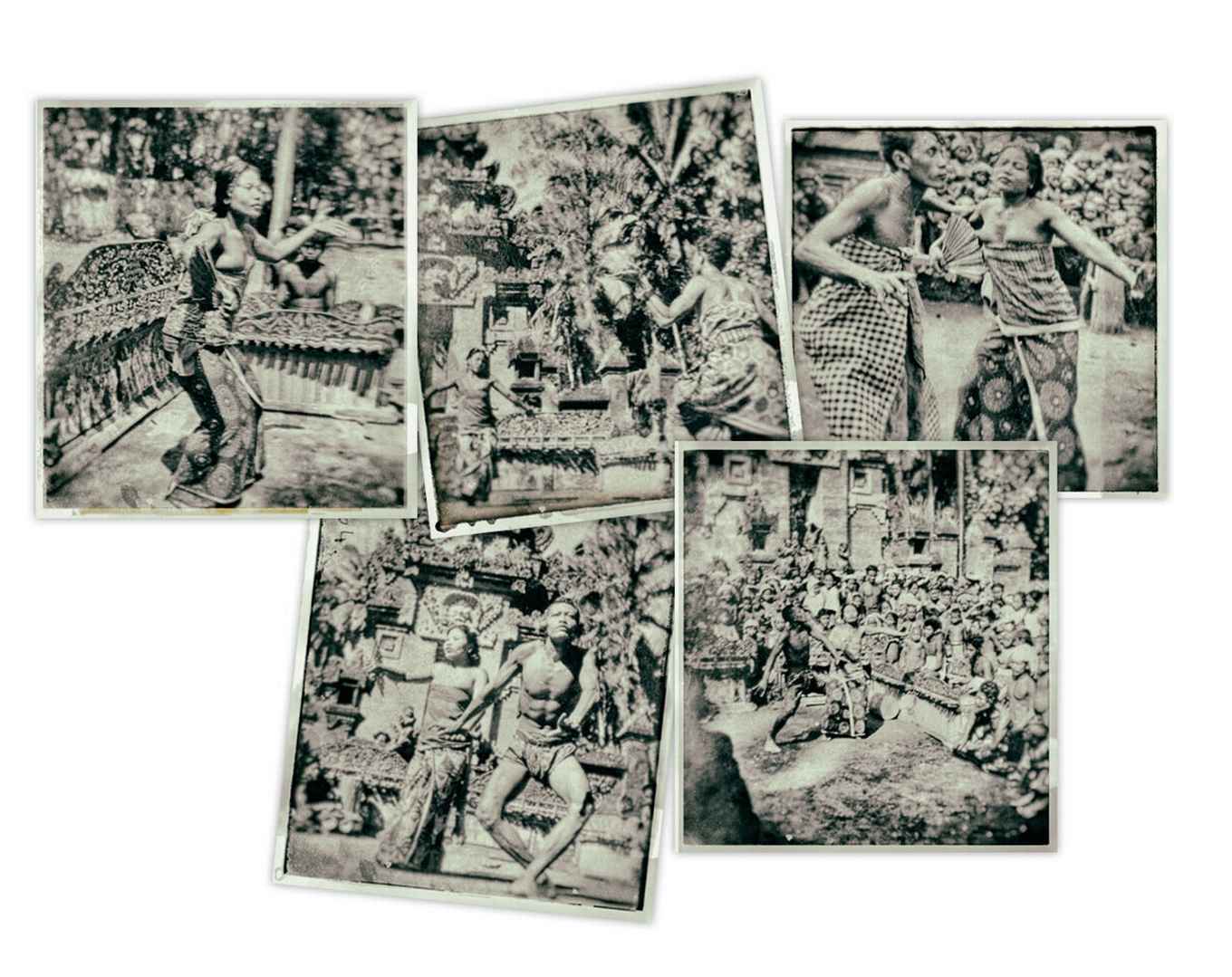Cultural musicology
Cultural musicology in practice
Courses in cultural musicology draw on methods, insights and theoretical starting points of all these disciplinary approaches, foregrounding the many sonic, social and ritual dimensions of music as cultural practice. They enable students to develop a variety of research skills, such as close listening, close reading, oral and written argument and debate, and participant-observation techniques in fieldwork situations.
Lecturers draw on their expertise in musical practices from past and present East Asia, Southern Africa, and the Middle East, as well as jazz and pop worldwide. Students are, however, free to practice their skills by applying them to musical case studies in realms that exceed these regional foci.
Music as cultural repertoire and social activity
Cultural musicologists emphatically try to reach beyond the institutionalised distinctions between musics of the world, musics informed by global industries, and musics that have been construed as European “high” art. In this capacity, cultural musicologists also scrutinise the histories of the disciplines by which they have been inspired, and engage with music both as cultural repertoire and as social activity.

Core module:
- Cultural Musicology
- Musicology of the Everyday
Possible electives (to be confirmed):
- New Jazz Studies: Perspectives on Race, Gender and Class; Music Travel and Identity; Archiving Art
- History of Music in the 20 and 21 Centuries
- Research Seminar Musicology
- Electives in History, Anthropology, Cultural Analysis
- Possibilities to participate in workshops on a seven-tone Balinese Gamelan Semar Pagulingan.